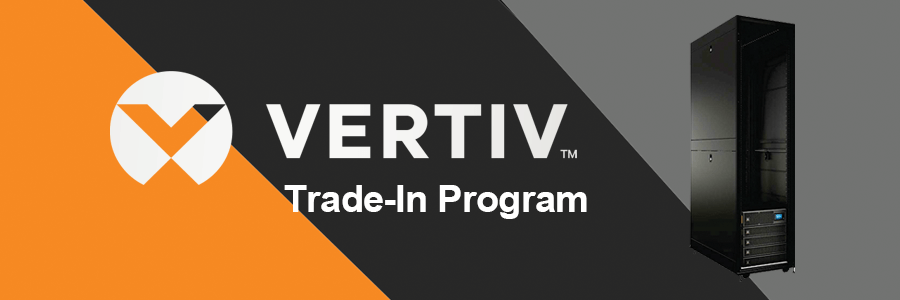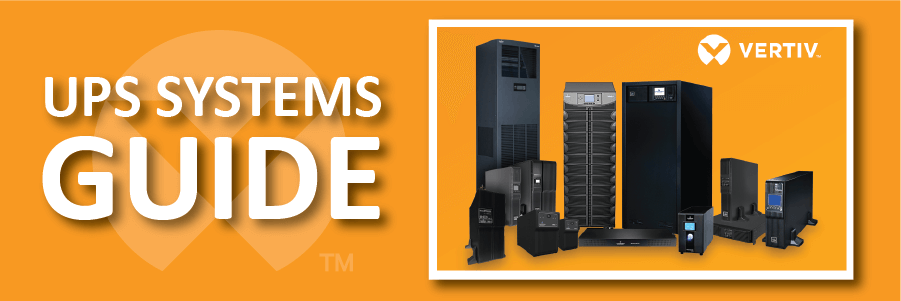Customer Service
November 16, 2022 | Data Communications | Product Spotlights

The GXT5 Lithium-Ion double conversion online uninterruptible power supply (UPS) provides both the highest level of power conditioning and battery backup for business-critical IT equipment in the event of an unanticipated loss of power or an unprecedented power surge.
The GXT5 Lithium-Ion UPS protects against the widest range of power fluctuations and automatically switches to battery backup when power loss is detected. With a 0.9 or better output power factor (PF) and no transfer time to operate on battery, you can ensure your most critical assets are protected.
Trust the GXT5LI to Protect Against


1) Improved Reliability and Availability: With a longer lifespan and reduced maintenance requirements, the failure of lithium-ion batteries is extremely rare. Lithium-ion batteries also include a built-in battery management system (BMS), which provides fault monitoring, cell balancing, and power optimization capabilities for each individual battery.
2) Longer Lifespan: Lithium-ion batteries typically have a design life of 8-10 years, the same average lifespan as a single-phase UPS. This eliminates the pain of replacement, unlike with than VRLA batteries that need to replaced every 3-5 years, which means a huge cost savings. Also, lithium-ion batteries can be fully charged and stored for greater lengths of time with minimal impact on the battery’s lifespan.
3) Lower Weight: Lithium-ion batteries weigh about 45% less than lead acid batteries. This makes the batteries easier to transport and install in remote facilities.
4) Smaller Footprint: Lithium-ion batteries can be up to 70% more compact than lead acid batteries. This provides a space savings in any on-site or remote facility, allowing you to reconfigure your deployment to increase available rack space for IT servers and networking equipment.
5) Higher Energy Density and Power Density: Lithium-ion batteries have a higher energy density (Wh/kg, or watt hours per kilogram) and power density (W/kg, or watts per kilogram). They offer the same amount of energy as lead acid batteries, but with a smaller size and lower weight.
6) Accommodate Higher Temperatures: Lithium-ion batteries for UPS applications can operate in higher temperatures without degradation. You can operate most lithium-ion batteries at temperatures of 30°C (almost 10 degrees higher than lead acid batteries) which can mean significant savings on cooling costs.
7) Faster Recharge: Lithium-ion batteries can typically be recharged to 90% capacity in under 2 hours for rack-based systems, whereas VRLA batteries may take up to 6 hours to reach the same level, and up to 24 hours to fully recharge.
The initial capital investment for a lithium-ion battery system for remote facilities or edge data centers is, on average, between 1.75x and 2.25x the cost of a VRLA battery system for these same facilities. However, compared to VRLA batteries, lithium-ion batteries offer long-term savings for data center owners in reduced operating costs, resulting in a lower TCO. Since lithium-ion batteries have an estimated design lifespan of 8-10 years, which may be equal to that of your single-phase UPS. This eliminates the cost of replacing lead acid batteries every 3-5 years, and also eliminates the shipping, travel and labor costs required to replace VRLA batteries in remote data centers.




Did you know that you can upgrade your UPS unit and save money at the same time? You can reduce the cost of your next upgrade by participating in the Vertiv trade-in...


A UPS system ensures your equipment does not shut down during a blackout or power failure. Learn the causes of power disturbances & why you need a UPS...


We are excited to announce Vytas Vaitkus on his promotion to Data Communications Manager earlier this year. Vytas joined us in July 2021 as the Business Developer for the Data Communications...
Customer Service
1.888.467.7626